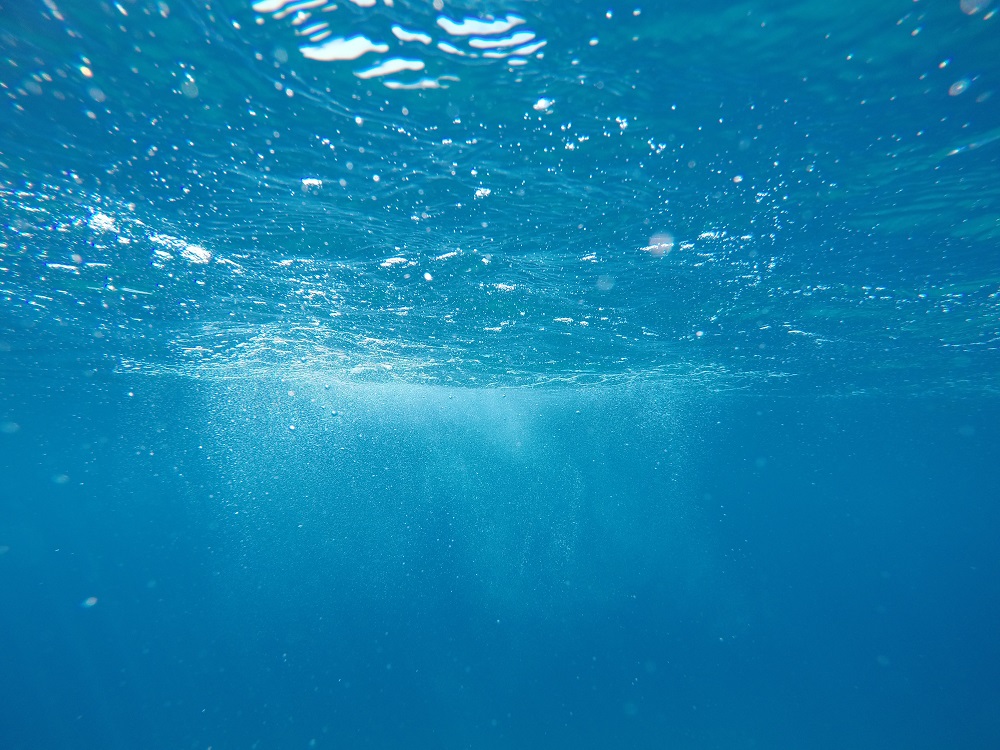Though many countries are preparing and enacting laws to accelerate the energy transition, it seems like globally, some resistance still persists.
Currently, solar power is the “cheapest source of electricity in history,” according to the 2020 World Energy Outlook report by the International Energy Agency (IEA), which said that electricity derived from solar panels costs 20-50% less than it was previously reported.
Energy and Climate Policy Professor at Oxford University, Nick Eyre, claims that “attitudes are still lagging behind,” adding that in some parts of the world people, as well as corporations will take much more effort to persuade, the Financial Times reports.
“Some newspapers are reporting that renewables are expensive but actually, they’re not. It’s a cheaper way of generating energy than gas or coal,” the professor said, per FT.
The Environmental Justice Foundation (EJF) strongly suggests that turning to renewable sources of energy is the way to go – and for a few reasons. Firstly, this will undoubtedly cut costs for energy but most importantly it is the key component to achieve zero carbon.
Failing to transition to clean energy and sustainable sources is dangerous, as “atmospheric carbon will continue to increase, surpassing levels not seen in the past 3 million years,” said EJF’s Steve Trent.
On top of the division regarding oil and gas exploration, a new debate has arisen recently – this time involving deep-sea mining for polymetallic nodules.
Though the International Seabed Authority (ISA) convened in July this year to discuss the possible extraction of the mineral deposits that may aid in the EV transition, several hundred scientists signed an open letter opposing this move.
The letter names numerous concerns, such as “uncertain impacts on carbon sequestration dynamics and deep-ocean carbon storage.”
“The deep ocean also constitutes more than 90% of the biosphere and plays a key role in climate regulation, fisheries production, and elemental cycling. It is an integral part of the culture and well-being of local communities and the seafloor forms part of the common heritage of humankind. However, deep-sea ecosystems are currently under stress from a number of anthropogenic stressors including climate change, bottom trawling, and pollution. Deep-sea mining would add to these stressors, resulting in the loss of biodiversity and ecosystem functioning that would be irreversible on multi-generational timescales,” the letter read.
According to FT, while The Metal Company openly pushes for deep-sea mining of minerals arguing that it would accelerate the energy transition, many governments, as well as major industry players like BMW, Volkswagen, Google, Philips, and Samsung, agree with EJF’s Steve Trent that the path to a green future does not need to include deep-sea mining.
“There is no place for deep-sea mining on the path to a more sustainable, equitable future,” Trent noted, per FT. “We can get there through investing in recycling, new battery technologies, and a circular economy, leaving the deep ocean to keep supporting us all”.














